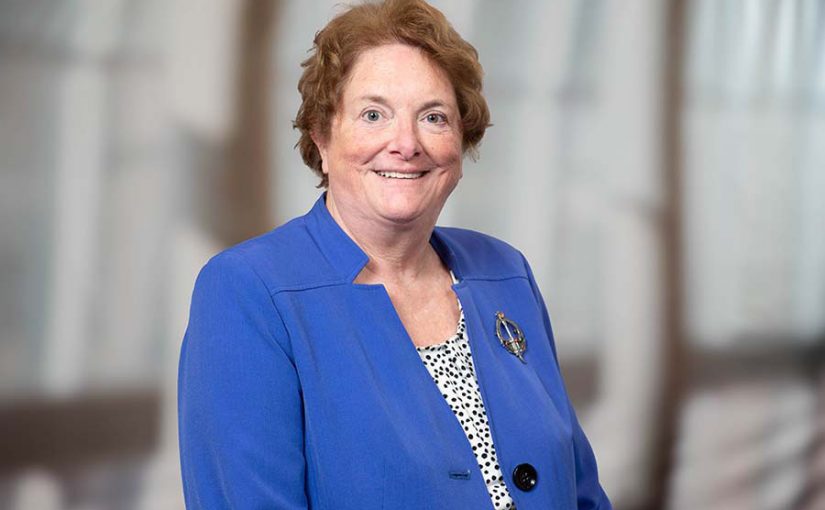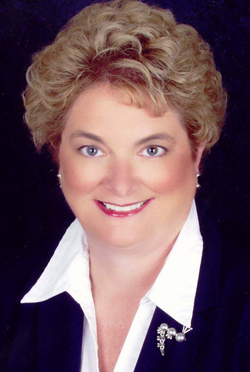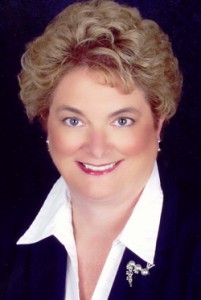Winning an award is usually enough of a surprise for the recipient. But for Joyce Black, PhD, one of her recent awards came with an extra element of surprise – it was named after her.
Dr. Black, a professor in the UNMC College of Nursing-Omaha Division, was named the inaugural winner of the National Pressure Injury Advisory Panel’s Joyce Black Award, at the organization’s annual conference in February. It is given to individuals or groups who have made significant contributions to advancing pressure injury evidence-based practice through educational initiatives.
Dr. Black was honored for “extraordinary efforts in disseminating evidence-based knowledge and her unwavering commitment to educational initiatives have set a high standard for excellence,” according to a release issued by the National Pressure Injury Advisory Panel.
Not only did Dr. Black not know she was up for the award, she didn’t even know it existed until the awards ceremony at the organization’s conference.
“They started talking about a new award and how they named it for me because of all the teaching I had done,” she said. “I was just sitting in the audience, looking at who would be a good person for the award, and the next thing I heard was they were giving to the person it was named for.
“I was so flattered to get an award in my name. I didn’t see that coming at all.”
While it was unexpected, Dr. Black said she’s excited about the new tradition and the chance to hand it off to the next winner.
“The next time this is given out, I’ll be the person handing it to someone else,” she said. “That means they’re an excellent teacher.
“I’m already thinking about the next award winners in my head.”




